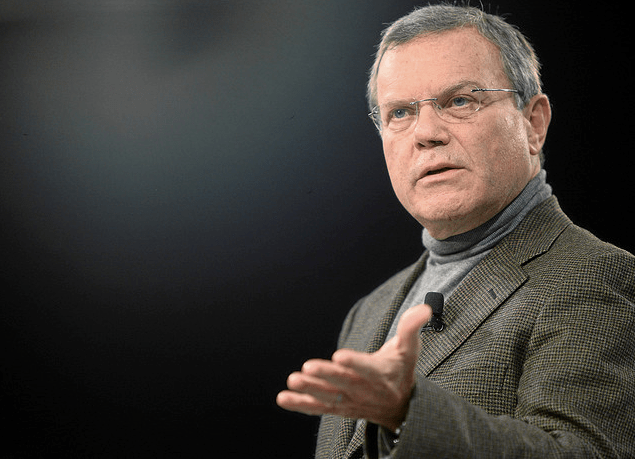
The back and forth between brands extolling or deprecating the efficacy of Facebook’s ad platform is not helping. In a recent ComScore study, the company found that ads on the giant social network — in this case, Starbucks and Target — work. GM, however, believes otherwise, as it recently announced that it will not spend any money on Facebook advertising.
Add WPP’s chief, Sir Martin Sorrell, to the naysayer’s club. Sort of. Speaking with The Guardian, Sorrell says that Facebook is a great branding mechanism but not really an “advertising medium.” This is an important distinction, as WPP spends about $65 billion a year on behalf of its clients. WPP plans to spend a scant $400 million on Facebook this year, compared to the $2 billion it will spend on Google. Sorrell has previously expressed doubts about social media as an advertising medium, saying, for example, in 2010 that he has “fundamental doubts” about advertising in social media. Two years on, it appears as though little has changed for him — and Facebook has work to do swaying the ad industry’s top echelon. After all, if the head of the world’s largest marketing group is advising its clients not to play in the Facebook playground, that’s not a great sign.
“[Facebook] will be very successful no doubt, it is the third largest country on the planet [counting its 900 million users], and has a good shot at being the largest, but it does have issues to deal with,” he (Sorrell) said. “Monetisation, mobile, the IPO pressure cooker. The eyes of the world are on you. We have to look at Facebook in the long term. This is a marathon not a sprint.” According to the digital business analysts comScore, potentially more than 40% of Facebook usage comes from mobile, but the social network is so far struggling to convert this into significant revenues. “The $400 million on Facebook might look big but it is pretty small change, entry level spending for WPP,” said a senior WPP executive, commenting on the group’s strategy. “Facebook is not brilliant for response [to advertiser campaigns] so far and there is the growing issue of the amount of usage over mobile which they can’t monetise.”
Read the rest of the article at The Guardian. Follow The Guardian on Twitter @guardian.
More in Media

In Graphic Detail: The scale of the challenge facing publishers, politicians eager to damage Google’s adland dominance
Last year was a blowout ad revenue year for Google, despite challenges from several quarters.

Why Walmart is basically a tech company now
The retail giant joined the Nasdaq exchange, also home to technology companies like Amazon, in December.

The Athletic invests in live blogs, video to insulate sports coverage from AI scraping
As the Super Bowl and Winter Olympics collide, The Athletic is leaning into live blogs and video to keeps fans locked in, and AI bots at bay.





